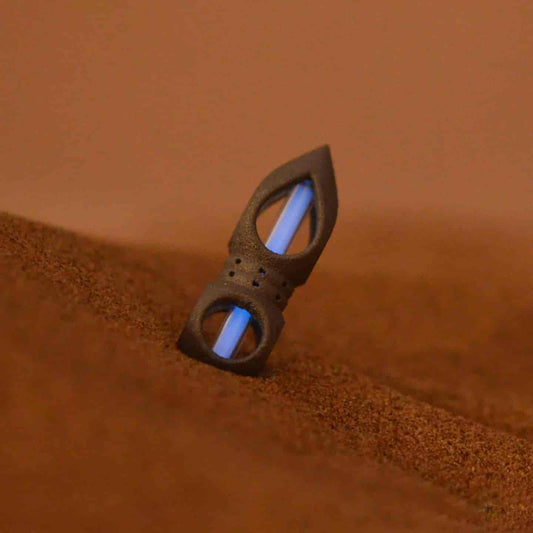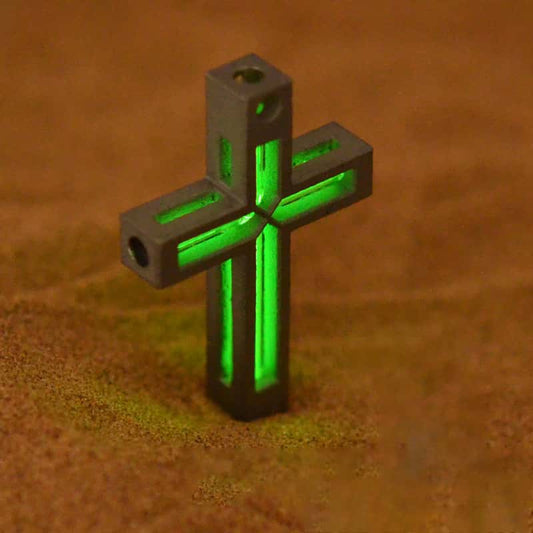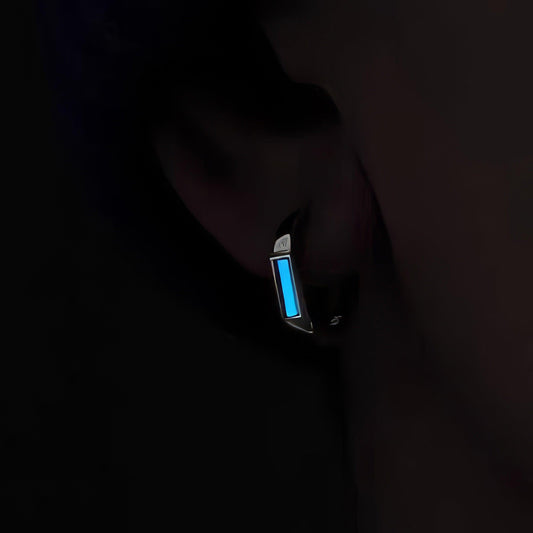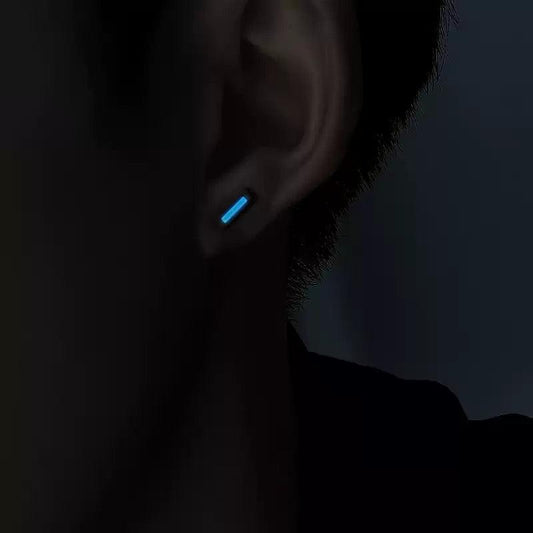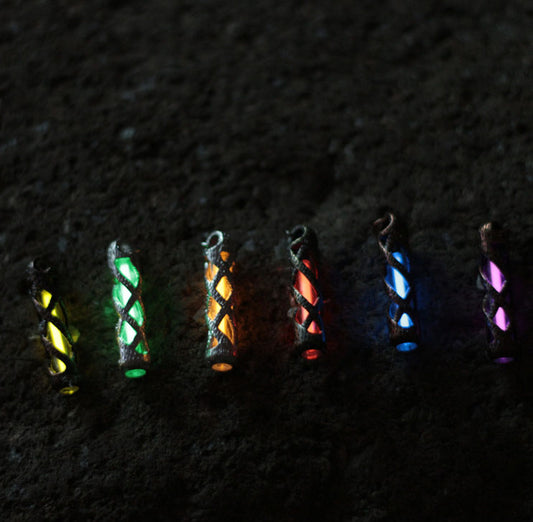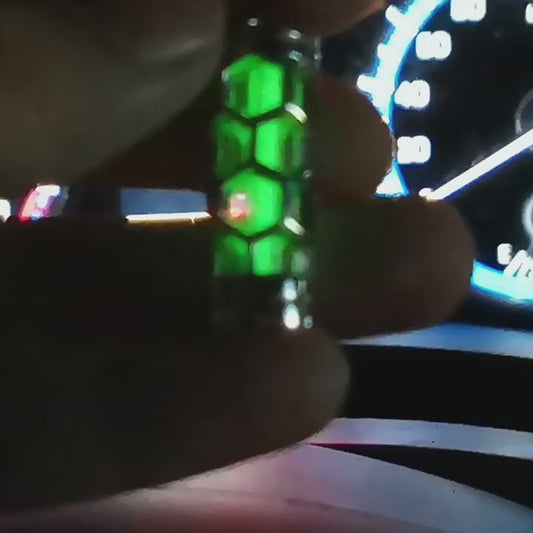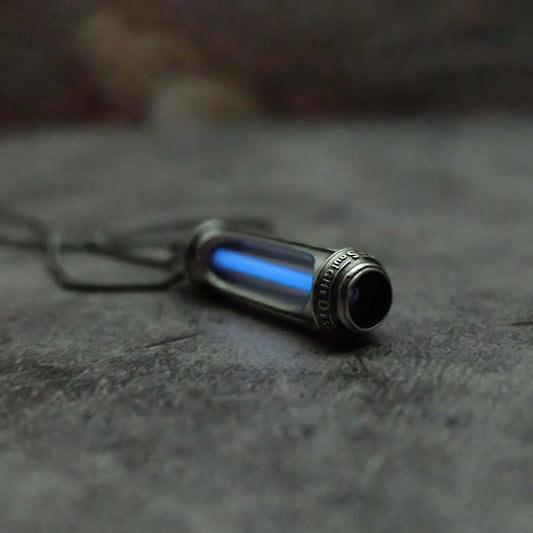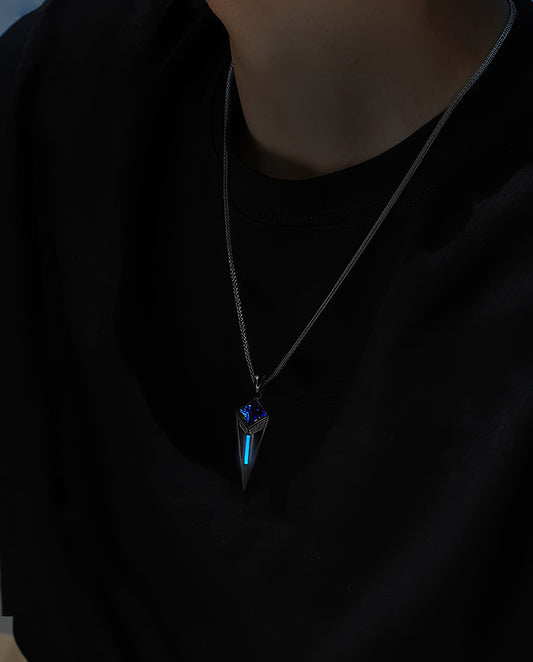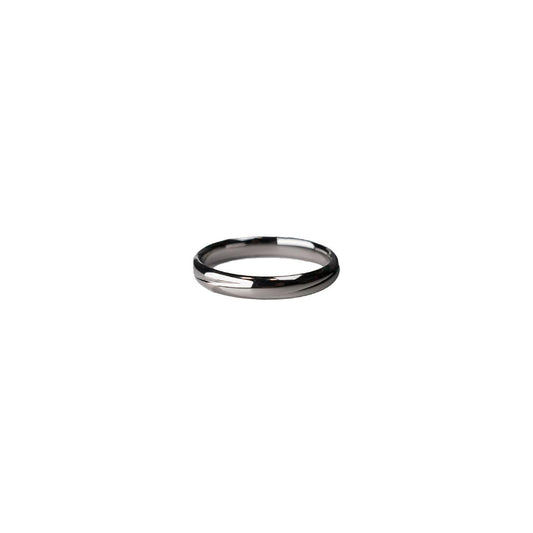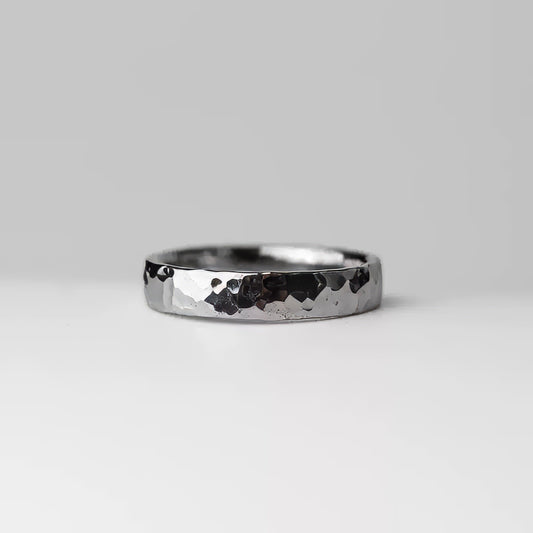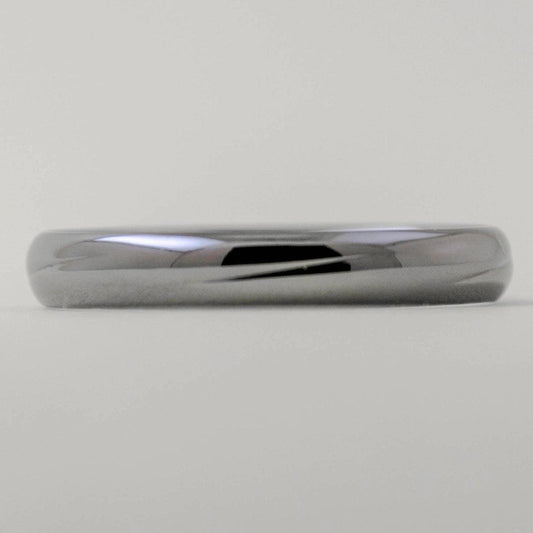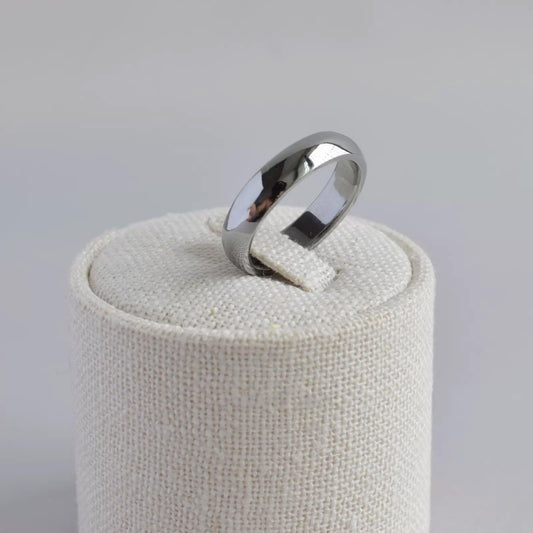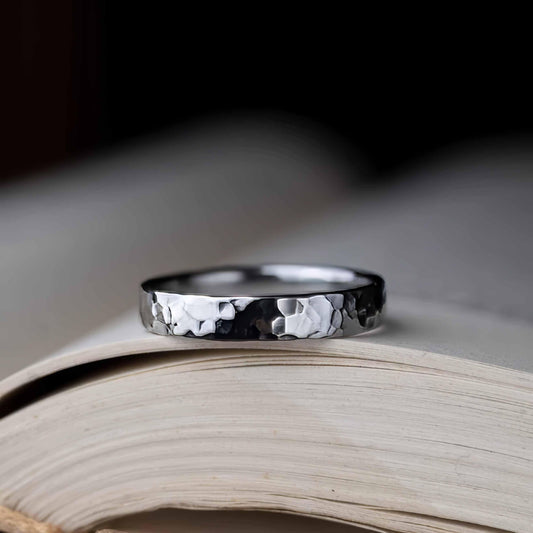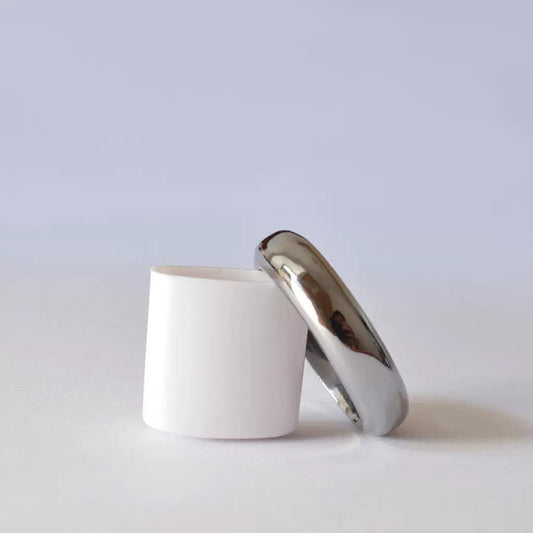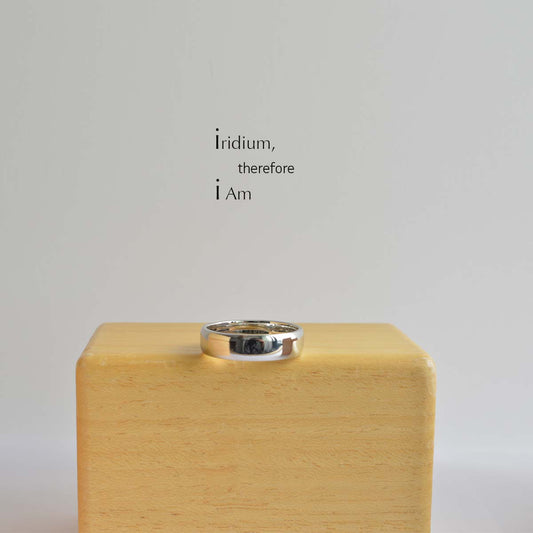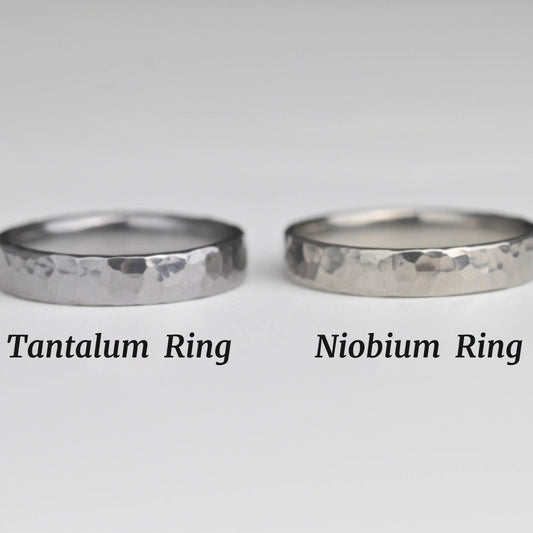Tantalum Rings and MRI Safety Personal Insights into a Metallic Marvel
Tantalum Rings and MRI Safety Personal Insights into a Metallic Marvel
The other day, as I sifted through a small box of family jewelry, I came across my grandfather's old tantalum ring. I remember him telling me stories of the long-ago days when he worked tirelessly as a machinist. The ring, he claimed, was indestructible—a fixture on his finger through the years, which intrigued me to no end. "Tantalum," he would say with a twinkle in his eye, tapping it against the edge of the table, "is as strong as my resolve." But as I admired its sleek, understated shine, a more modern concern crept into my mind: is it safe to wear such a ring during an MRI?
In the world of metals, tantalum is something of an unsung hero. Known for its robustness and resistance to corrosion, it stands out in applications ranging from electronics to surgical implants. But what about its safety in magnetic resonance imaging (MRI)? The short answer is yes—tantalum is generally considered safe for MRI procedures. This is due to its non-ferromagnetic nature; it doesn’t interact with the powerful magnetic fields generated by MRI machines. Have you ever seen a paperclip fly across the room and stick to a magnet? Unlike iron or nickel, tantalum simply doesn’t do that.
Despite its industrial and scientific applications, tantalum doesn't often get the spotlight in fashion. When it comes to rings, though, it’s a rising dark horse, appreciated for its unique grey-blue sheen. Compared to the more traditional choices like gold or silver, tantalum offers a distinctive alternative that whispers elegance rather than shouting opulence. In a world increasingly attuned to individuality, a tantalum ring feels like a cool, collected statement. It's not just a ring; it’s a conversation starter.
My curiosity led me further into a rabbit hole of information. As it turns out, tantalum's biocompatibility—a fancy term for how the body tolerates it—also adds to its list of impressive credentials. No wonder it's used in medical devices like pacemakers and even in hip replacements. Knowing this, I feel a bit like my grandfather did, with newfound respect for the material. It's not just about durability; it's about trustworthiness when you need it most.
As I place the tantalum ring back in its velvet-lined box, I ponder how something so seemingly mundane can carry such significance. It's a reminder of the past, yes, but also a nod to the future—a future where wearing a piece of this miraculous metal means not worrying about mishaps in an MRI machine. Perhaps, like my grandfather, I'll start wearing it, relying on its quiet strength. It's funny how a little ring can reflect so much about material science, style preferences, and personal memories. And who knows, maybe someday I'll find myself in those narrow-clad MRI halls, wearing that very ring, carrying a bit of my history into the future.
